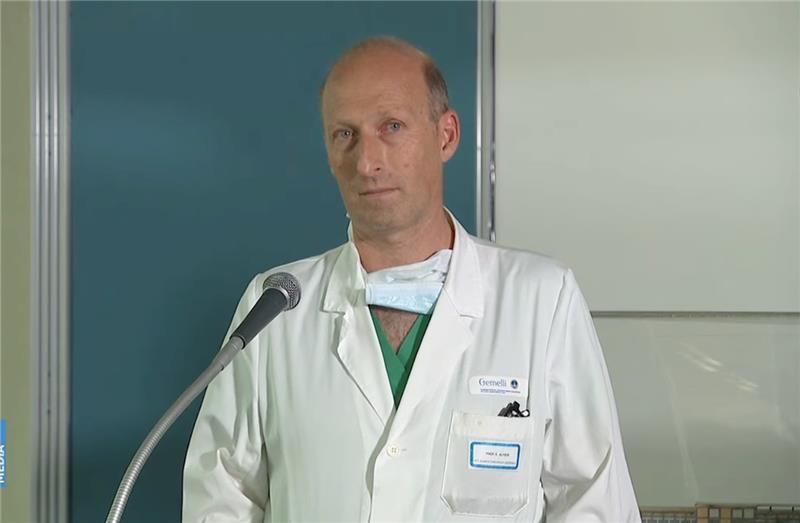
Vatican City, Jul 14, 2020 / 06:35 am (CNA).- According to a new report from the United Nations, an estimated 690 million people went hungry in 2019 — 10 million more than in 2018.
Published July 13, the newest edition of the State of Food Security and Nutrition in the World report said that billions of people do not have access to nutritious food, usually due to high costs and low affordability.
Addressing hunger and related problems “takes just policies,” Msgr. Fernando Chica Arellano told Vatican News.
Arellano is the Holy See’s permanent observer to the UN’s Food and Agriculture Organization.
He called for greater international cooperation in the face of the report’s findings. “The world has to invest in peace, solidarity, and justice,” he said.
The report was produced by five UN agencies: FAO, the International Fund for Agriculture (IFAD), the United Nations Children’s Fund (UNICEF), the UN World Food Programme (WFP), and the World Health Organization (WHO).
In the foreword of the report, the agencies caution that the 2015 objective to reach zero hunger by 2030 is “still off track.”
The report also predicts that the COVID-19 pandemic will have caused 130 million more people worldwide to have chronic hunger by the end of 2020.
Arellano stressed that the coronavirus pandemic has exacerbated already existing problems related to food security and malnutrition.
To reduce hunger requires reducing poverty, which takes peace, cooperation, and solidarity, he said.
As a starting point for the Church, Arellano emphasized the need for ecological education and spirituality, as addressed in the sixth chapter of Pope Francis’ encyclical Laudato si’.
According to the UN report, Asia has the greatest number of undernourished people, followed by Africa, Latin America, and the Caribbean.
The number of hungry people has been rising since 2014, the report shows, though the overall percentage is relatively stable at 8.9%, growing at the same rate as the global population.
The report said that if current trends continue Africa is expected to have more than half of the world’s chronically hungry people by 2030.
There are issues of concern beyond securing enough food to survive, the report highlighted, such as undernutrition, micronutrient deficiencies, and obesity.
It also noted the problems for children especially in having access to nutritious food, and the additional problems caused by diseases from malnutrition.
Earlier this month, Pope Francis made a donation to the World Food Programme as the organization works to feed 270 million people this year amid rising hunger caused by the coronavirus pandemic.
The Vatican announced July 3 that Pope Francis would donate 25,000 euros ($28,000) as “an expression of his closeness to those affected by the pandemic and to those who are engaged in essential services for the poor and weakest and most vulnerable people in our society.”
If you value the news and views Catholic World Report provides, please consider donating to support our efforts. Your contribution will help us continue to make CWR available to all readers worldwide for free, without a subscription. Thank you for your generosity!
Click here for more information on donating to CWR. Click here to sign up for our newsletter.




Hunger needs to be fought on a war footing.